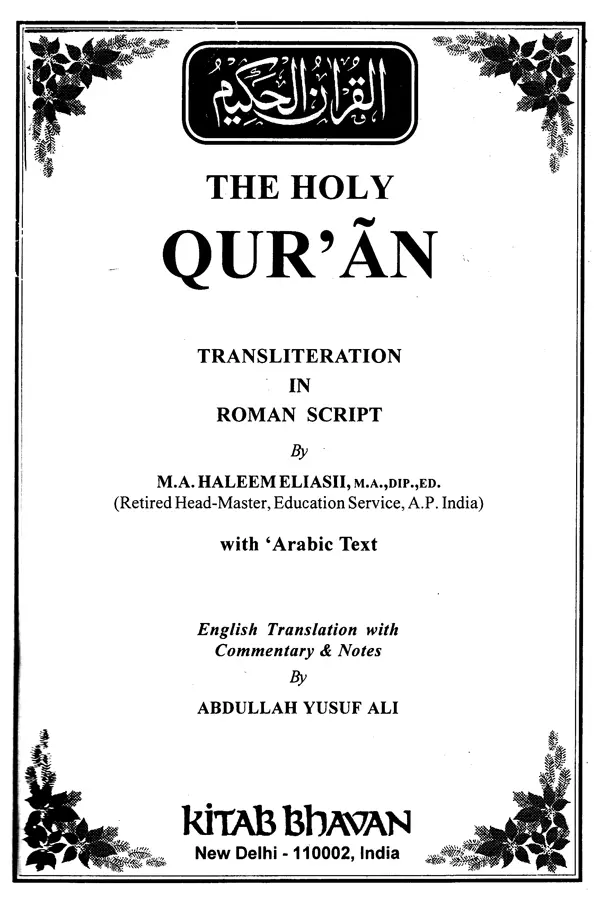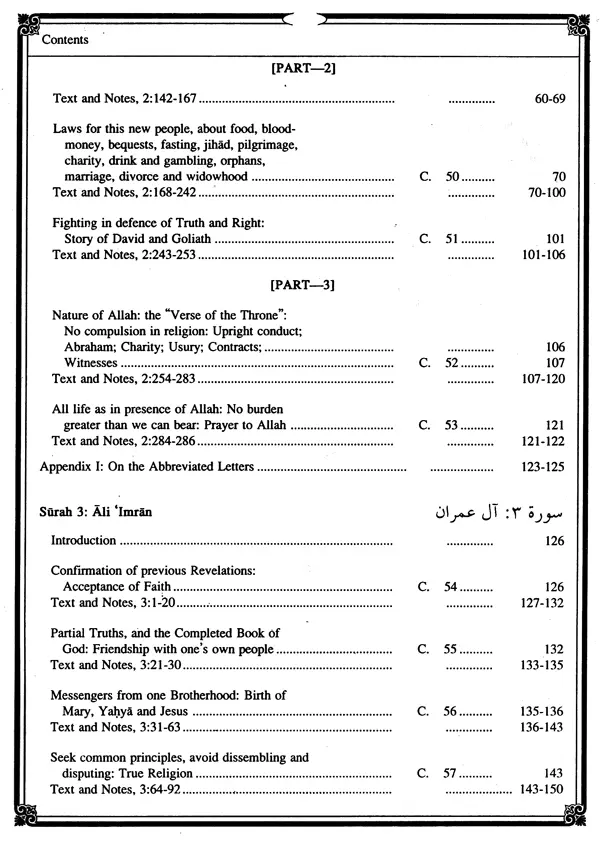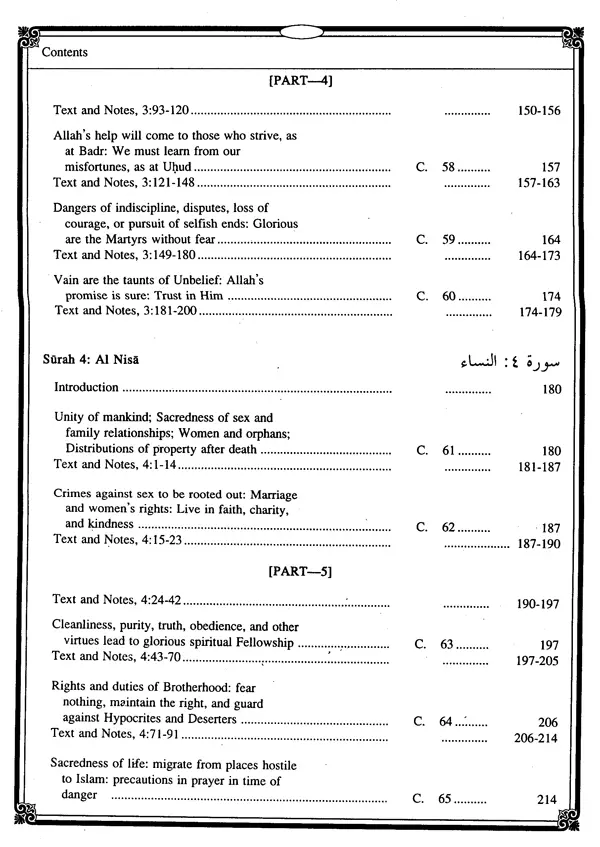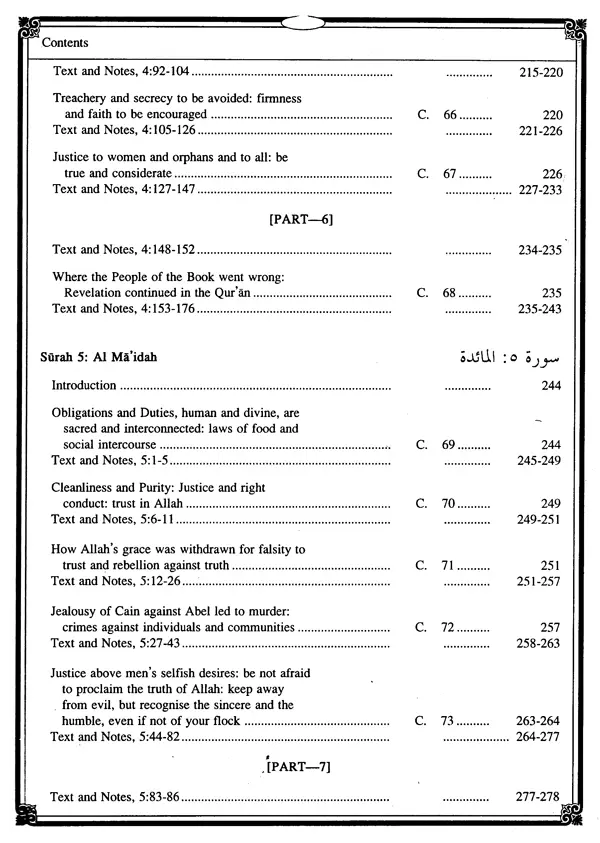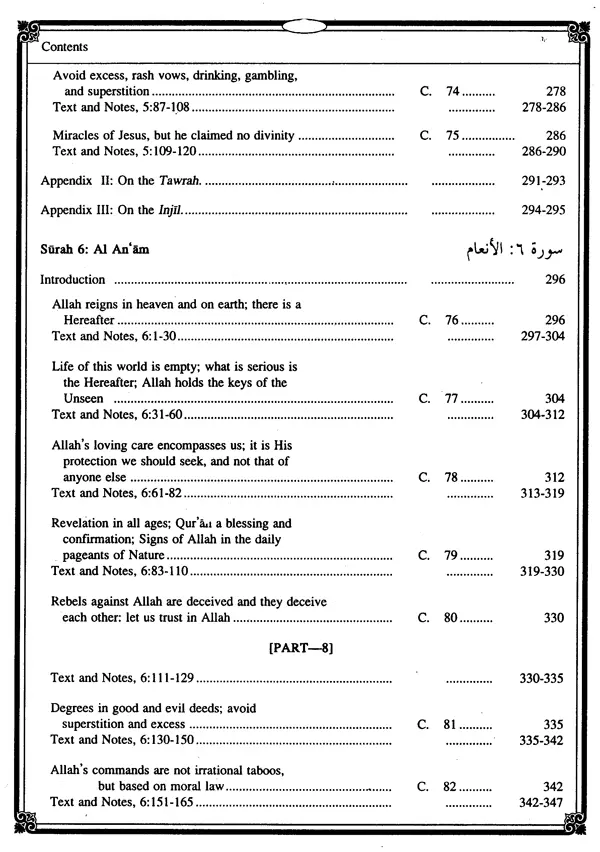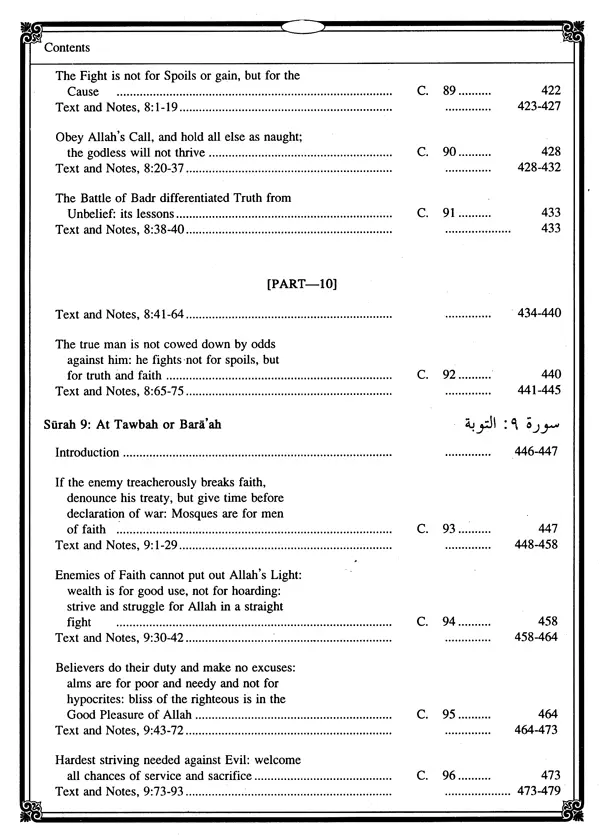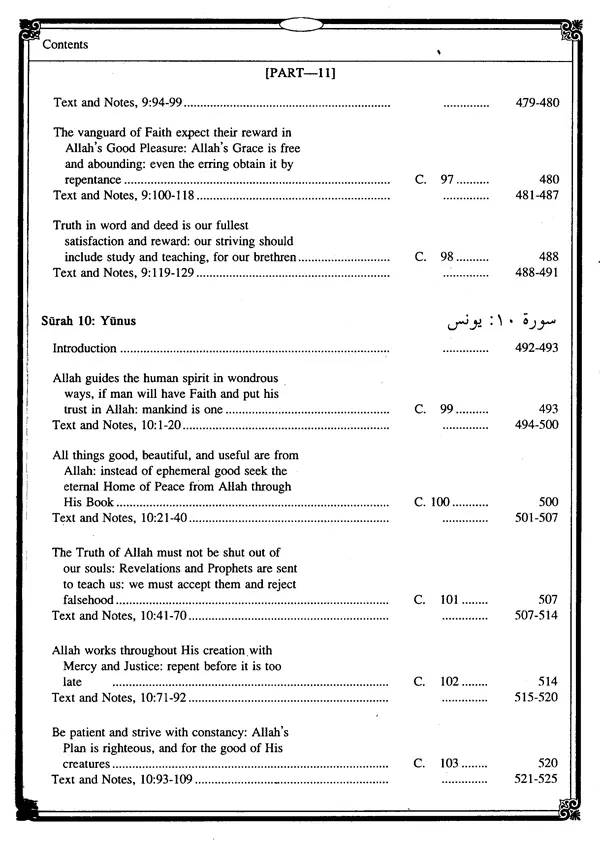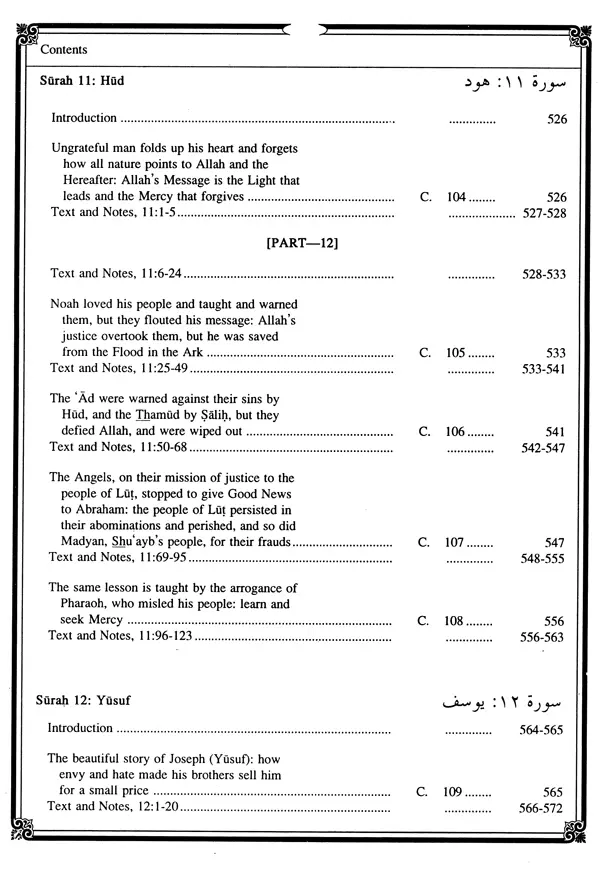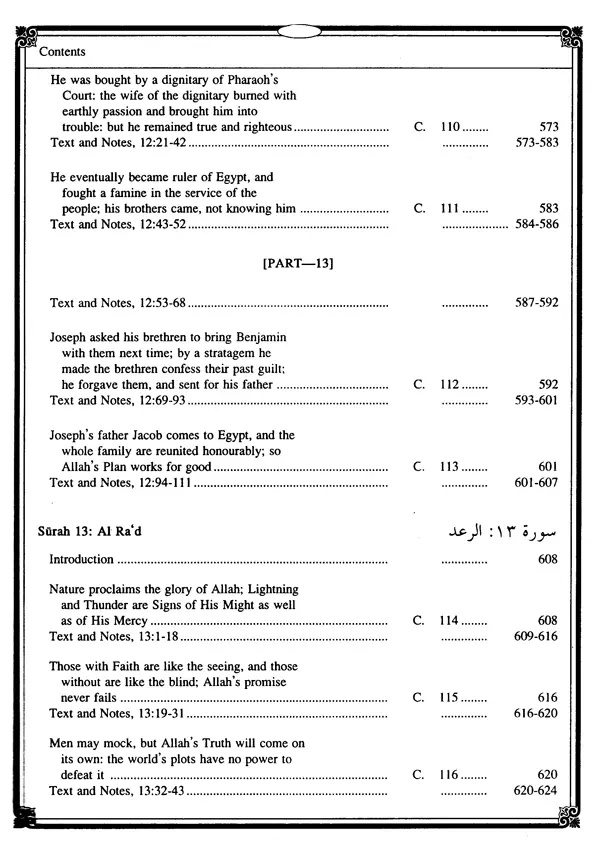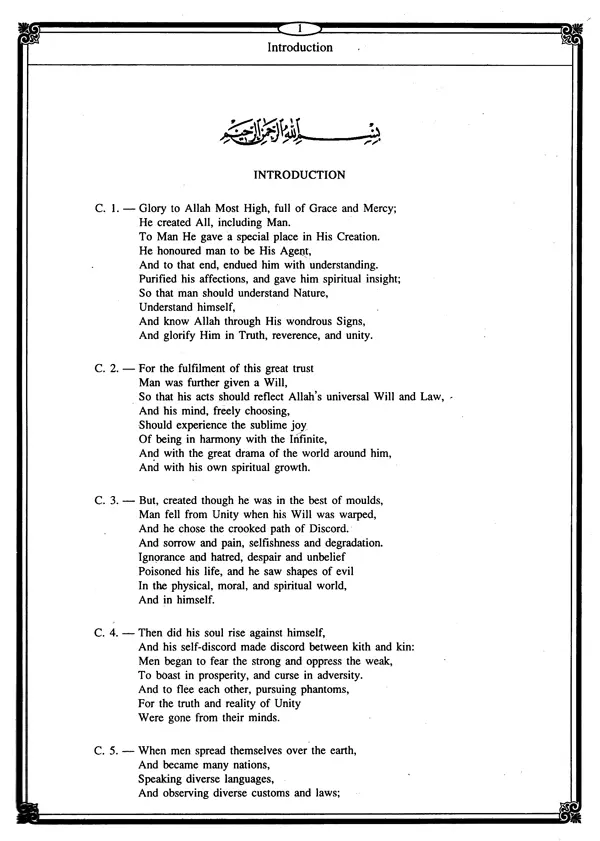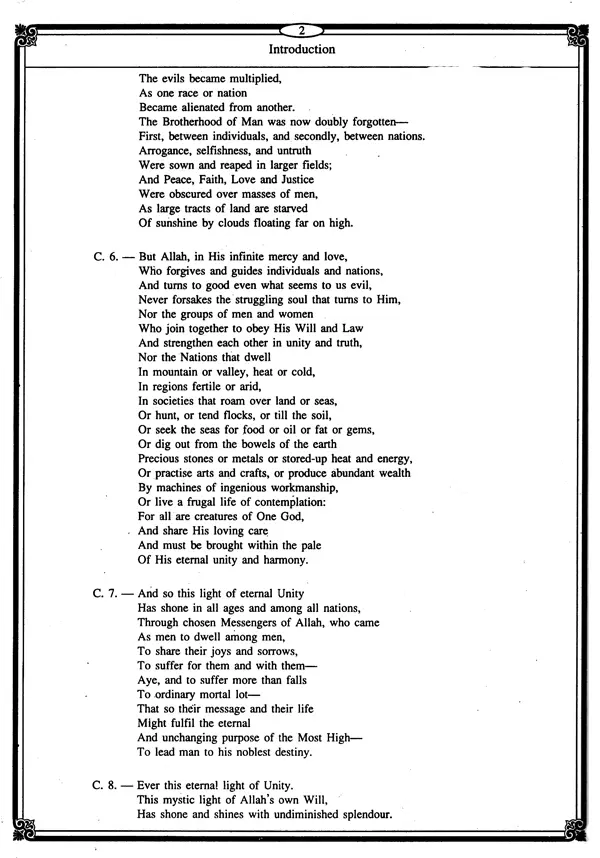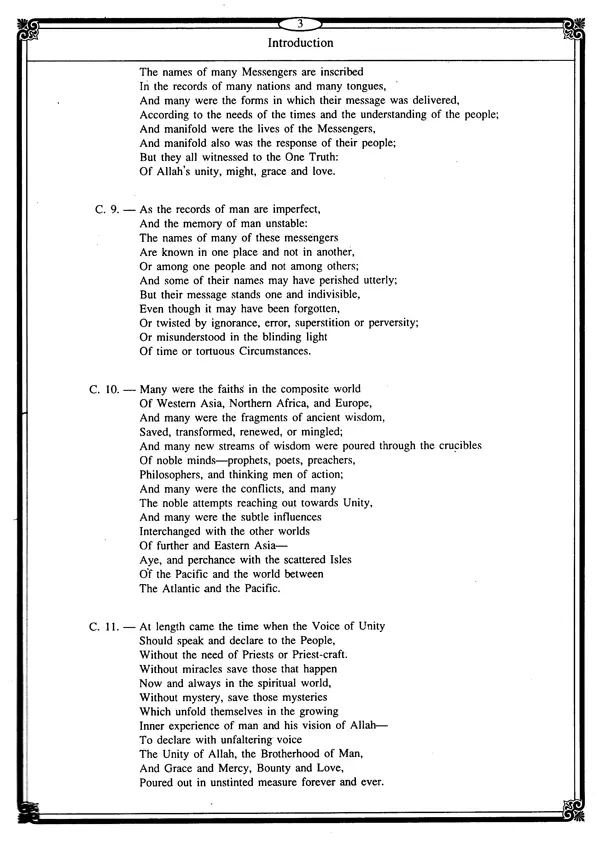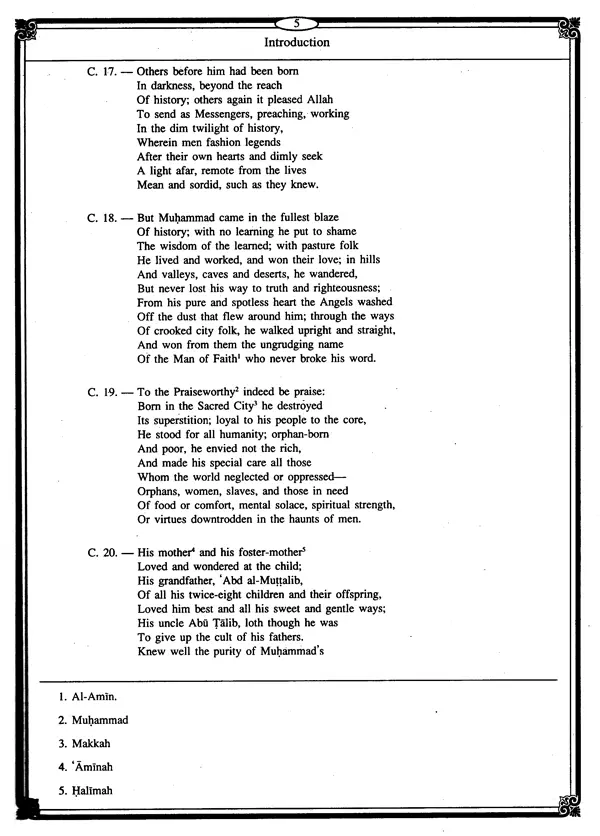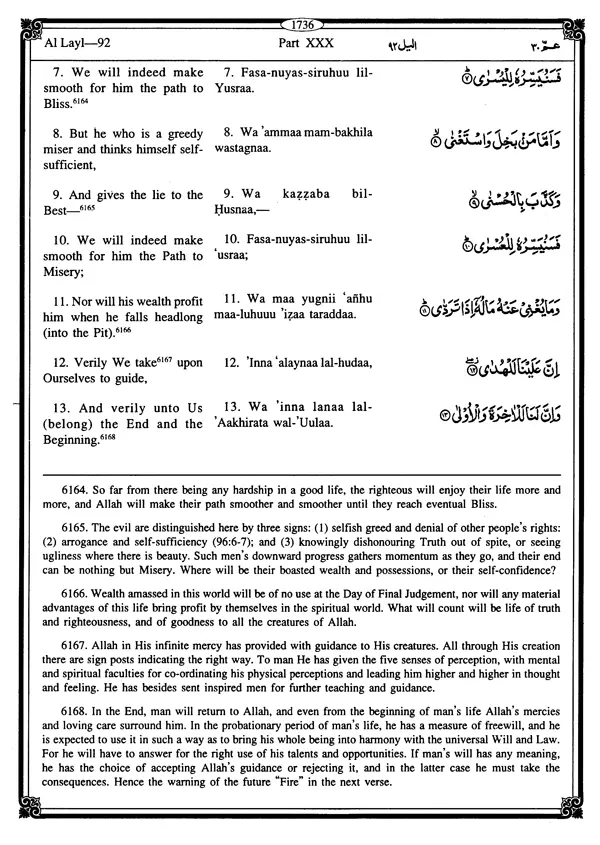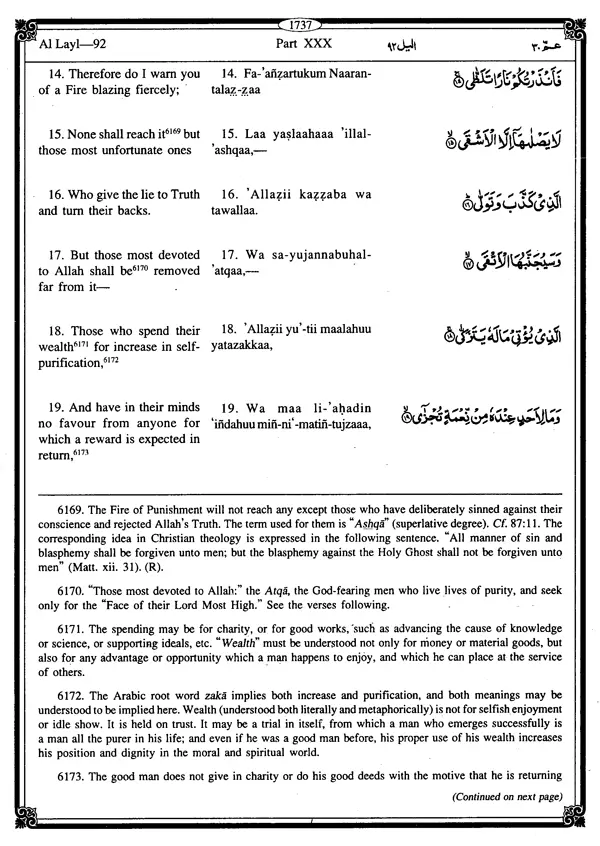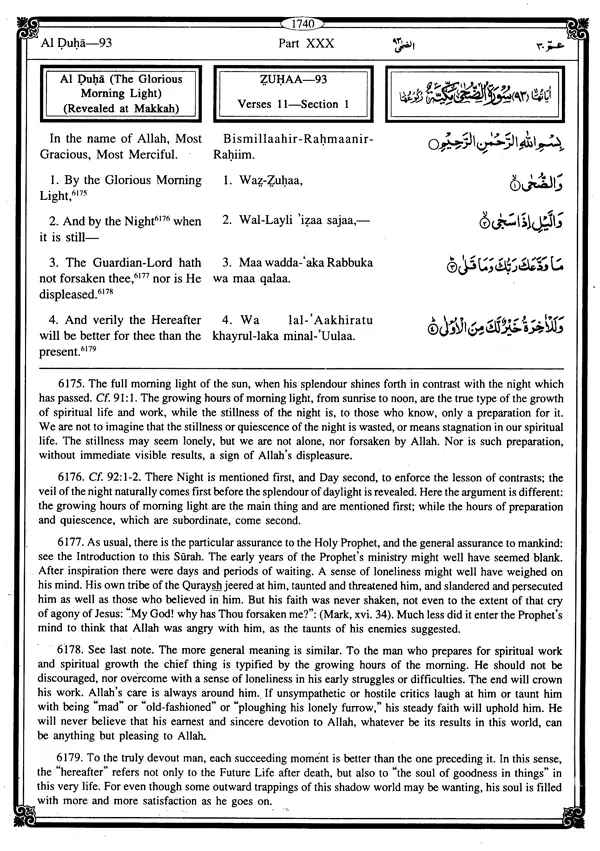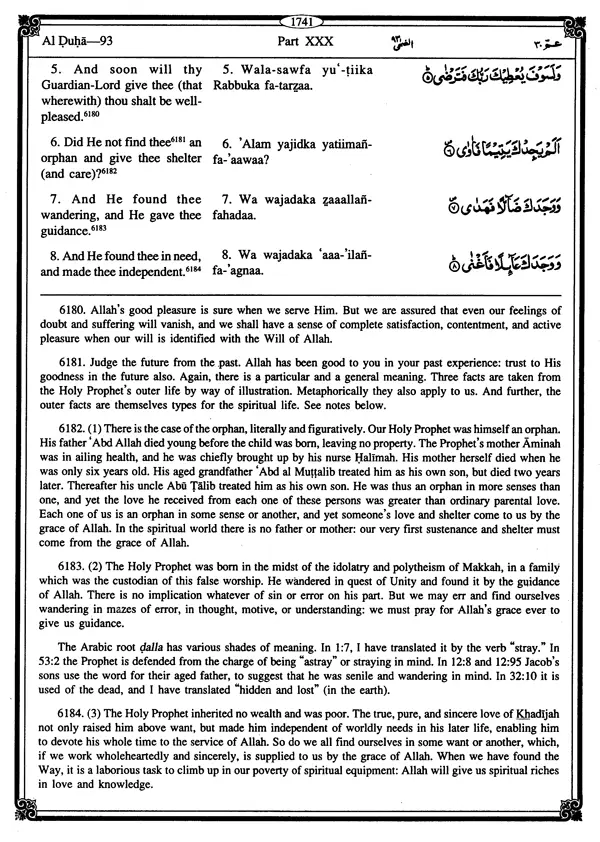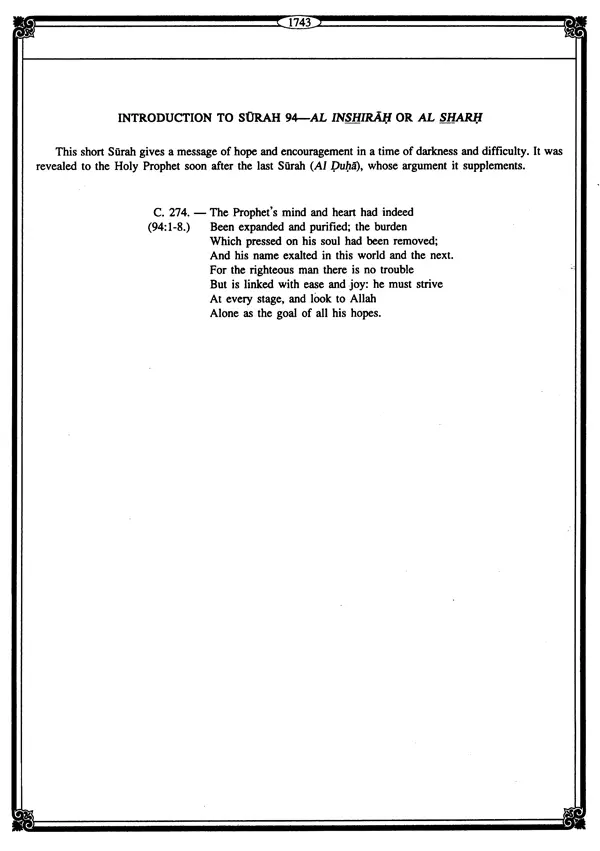
القرار الحكيم- The Holy Qur'an (Text,Tranliteration, English Translation with Commentary & Notes)
Book Specification
| Item Code: | UBE525 |
| Author: | Abdullah Yusuf Ali |
| Publisher: | KITAB BHAVAN |
| Language: | Arabic Text With Transliteration and English Translation |
| Edition: | 2021 |
| ISBN: | 9788171512522 |
| Pages: | 1910 |
| Cover: | HARDCOVER |
| Other Details | 10.00 X 7.50 inch |
| Weight | 2.83 kg |
Book Description
Abdullah Yusuf Ali was born on 4 April 1872, in Surat, a textile town in Gujrat, Western India, which formed part of the 'Presidency of Mumbai' in the days of Raj. He belonged to a mercantile community known as the Bohras, who trace their Muslim ancestry to the efforts of preachers dispatched by the Fatimid caliphs in Cairo. His father, a merchant, was a very religious man who made sure that his son learned Qur'an before anything else. Upon the completion of young Yusuf's committing the entire Qur'an to memory, his father celebrated the occasion with a grand banquet, thus showing to his son the importance of his achievement and the importance of the Qur'an. In addition to studying contemporary knowledge at school, 'Abdullah continued to receive lessons in Arabic language and never ceased in his studies of the Qur'an. He was a superior student who excelled in academic achievement and won the much coveted Indian Civil Service Award, a prestigious honour resulting from the extremely competitive entrance examinations for high positions in the Indian Civil Service which wealthy families would aspire for their sons to receive. 'Abdullah was easily able to absorb English literature and was considered to be among the best of his fellow countrymen in writing English. Many of the most well-known scholarly magazines in India published his works and expressed their appreciation for his beautiful literary style. Later, 'Abdullah Yusuf left India for Europe and visited many European capitals and eventually resided in London for a considerable period of time. While in London, he was exposed to many translations of the Qur'an and continued to have a tremendous interest in it and its studies. He then began to closely study the Qur'an giving special attention to its various interpretations, both old and new. After studying what was written about the Qur'an in both European and Eastern languages.
In London A.Y. Ali suffered a heart attack on 10 December 1953 and was rushed to St. Stephen's Hospital in Fulham. Three hours after admission he died.
I Do not wish to write a long Preface. I wish merely to explain the history of my Project, the scope and plan of this work, and the objects I have held in view.
In separate introductory Notes I have mentioned the useful books to which I have referred under the headings Commentaries on the Qur'an: Translations of the Qur'an, and Useful Works of Reference. I have similarly explained the system which I have followed in the Transliteration of Arabic Words and Names; the Abbreviations I have used, and the Principal Divisions of the Qur'an.
It may be asked: Is there any need for a fresh English Translation? To those who ask this question I commend a careful consideration of the facts which I have set out in my note on Translations of the Qur'an. After they have read it, I would invite them to take any particular passage say 2:47, or 2:164 and compare it with any previous version they choose. If they find that I have helped them even the least bit further in understanding its meaning, or appreciating its beauty, or catching something of the grandeur of the original, I would claim that my humble attempt is justified.
It is the duty of every Muslim man, woman, or child-to read the Qur'an and understand it according to his own capacity. If one of us attains to some knowledge or understanding of it by study. contemplation, and the test of life, both outward and inward, it is his duty, according to his capacity, to instruct others, and share with them the joy and peace which result from contact with the spiritual world. The Qur'an-indeed every religious book-has to be read, not only with the tongue and voice and eyes, but with the best light that our intellect can supply, and even more, with the truest and purest light which our heart and conscience can give us. It is in this spirit that I would have my readers approach the Qur'an.
It was between the ages of four and five that I first learned to read its Arabic words, to revel in its rhythm and music, and wonder at its meaning. I have a dim recollection of the Khatm ceremony which closed that stage. It was called "completion": it really just began a spiritual awakening that has gone on ever since. My revered father taught me Arabic, but I must have imbibed from him into my innermost being something more, something which told me that all the world's thoughts, all the world's most beautiful languages and literatures, are but vehicles for that ineffable message which comes to the heart in rare moments of ecstasy. The soul of mysticism and ecstasy is in the Qur'an, as well as the plain guidance for the plain man which a world in a hurry affects to consider as sufficient. It is good to make this personal confession, to an age in which it is in the highest degree unfashionable to speak of religion or spiritual peace or consolation, an age in which words like these draw forth only derision, pity, or contempt.
I have explored Western lands, Western manners, and the depths of Western thought and Western learning, to an extent which has rarely fallen to the lot of an Eastern mortal. But I have never lost touch with my Eastern heritage. Through all my successes and failures I have learned to rely more and more upon the one true thing in all life-the voice that speaks in a tongue above that of mortal man. For me the embodiment of that voice has been in the noble words of Arabic Qur'an, which I have tried to translate for myself and apply to my experience again and again. The service of the Qur'an has been the pride and the privilege of many Muslims. I felt that with such life-experience as has fallen to my lot, my service to the Qur'an should be to present it in a fitting garb in English.
There is a growing class of people, all the world over, and particularly in Europe and America. who are anxious to understand major Religions with an open mind, so as to form their own opinion in the matter. To them Religion is no longer a spent-force, but a force which can help us out of the present world crisis. They hope that a Balanced Religion, Realistic, as well as Idealistic, Comprehensive, taking account of Human nature and Needs, in Beliefs and Deeds, can be utilised, in the light of experience gained, to vitalise Humanism, so as to save Mankind from the menace of Heartless Self Destruction, in private and public life. And in Truth, there is also the more vital Problem of Life after Death, a problem which is the keystone of Religion.
Of the few Basic Books of Major Religions, let the Qur-aan give her an outline of its Message, ISLAM, which would include the Supreme Being (God), His Attributes and Manifestations, the Prophets and their extremes-human and divine, the Man, his position and progress and his keystone of the whole system, and clue to the whole Universe.
Islam claims to be in accord with Human Nature, for it proclaims:-
"Then set your face straight for Religion (Islam) in the right direction, the Nature (framed) of Allah, on (the Principles of) which, He has created men (as well). There is no altering (the laws) of Allah's creation. That is the right religion, but most people do not know (this)."
Islam is positively a System. A true Religion must reflect Nature. It possesses a natural grace. In principle, the Message of any Religion must come from its Basic Book, to carry Authority. The introductory notes are short without comments, carrying their Qur-aanic references with them for those who want further clarification on the points so as to let the readers think, feel and realise the truth for themselves.**Contents and Sample Pages**
